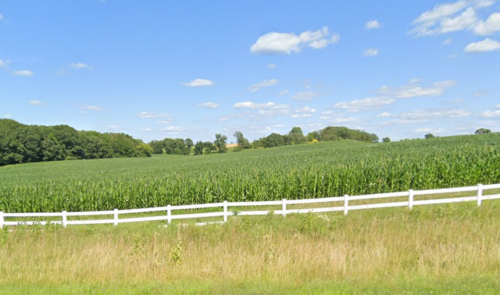Food sustainability organizations in Madison
UW-Madison Student Organizations
Food Recovery Network
The Food Recovery Network (FRN) is a student led movement that aims to deal with the issues of food insecurity and waste by recovering food from UW-Madison dining halls and serving it back to the Madison community. More information about how to get involved with the UW-Madison chapter is located here.
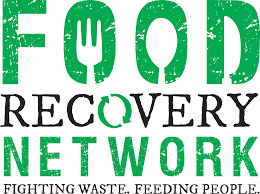
Campus Food Shed
The Food Recovery Network (FRN) is a student led movement that aims to deal with the issues of food insecurity and waste by recovering food from UW-Madison dining halls and serving it back to the Madison community. More information about how to get involved with the UW-Madison chapter is located here.
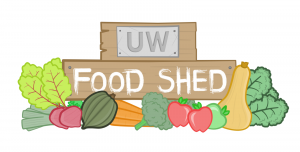
F.H. King: Students for Sustainable Agriculture
F.H King is a student run collective associated with UW-Madison. F.H King utilizes their 2-acre farm in Eagle Heights to grow and distribute produce on the UW-Madison campus while also organizing workshops in addition to other educational events outside of the growing season. More info is located here.
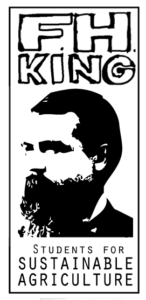
Madison/Dane County Area Organizations
Slow Food
Slow Food UW is a food justice organization that hopes to provide clean and fair food for everyone. Specifics about volunteering and internship opportunities at Slow Food UW are located here.
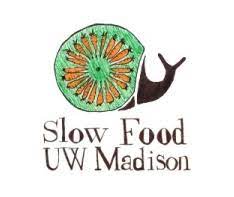
Reap Food Group
The Reap Food Group in Madison hopes to utilize local connections in order to bring sustainably produced food to schools and other businesses in the Madison area in order to increase food accessibility. More info on how to get involved with Reap is located here.
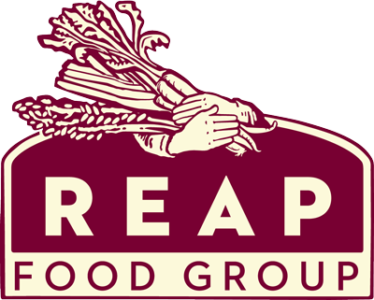
Madison Area Food Pantry Gardens
The Food Pantry Gardens in Madison make use of their own 3-acre garden plots to help produce fresh vegetables for food pantries, meal programs, and low-income housing units in the Dane County area. Volunteering opportunities are located here.
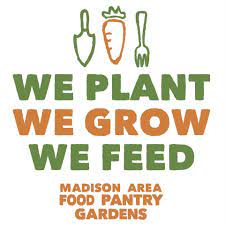
Second Harvest Foodbank of Southern Wisconsin
The Second Harvest Foodbank is a hunger relief charity in southwestern Wisconsin that uses its food distribution network to provide food to those who need it. In addition to this, Second Harvest also holds events to bring more awareness to hunger related issues. Learn more and get involved here.
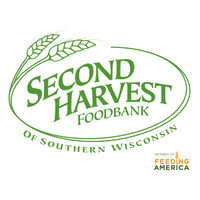
Rooted Wisconsin
Rooted Wisconsin hopes to provide for and educate the Madison area in topics related to food sustainability. Rooted has projects related to urban farming and agriculture, in addition to educational activities for adults and children alike including summer camps, community workshops, and other agriculture training programs. To learn about the many other opportunities at Rooted, click here.
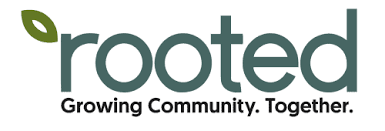
Farley Center
The Farley Center hopes to promote sustainability in agriculture practices in addition to ecological justice. The Farley Center achieves this through education with regards to organic gardening and land use. Adding on to this, they also assist new farmers by educating them on these organic gardening practices and hold similarly related workshops as well. More information on the Farley Center’s mission and how to get involved is located here.
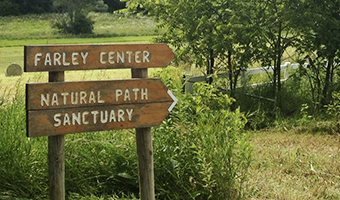
Blue Moon Community Farm
Blue Moon Community Farm is a farm primarily sustained through Community Supported Agriculture (CSA), meaning the crops they produce are redistributed among members of the Blue Moon community in addition to volunteers that assist them. To learn more about what CSA is and how to get involved at Blue Moon, go here.
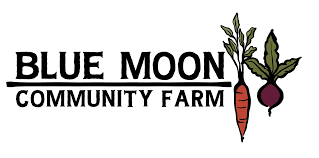
Heartland Farm Sanctuary
Heartland is a sanctuary for neglected and abused farm animals. In addition to taking care of these former farm animals, Heartland also has camps for children to learn more about topics relating to animal care, and the gardens necessary for feeding these animals. To learn about the different volunteering opportunities available, go here.
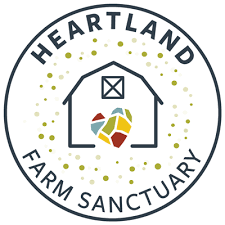
Pope Farm Conservancy
The Pope Farm Conservancy is a non-profit organization that hopes to preserve and maintain its 105-acre plot of land in Middleton, WI. The Pope Farm Conservancy is run almost solely by volunteers and therefore requires plenty of help in numerous different areas of interest from education to photography. More about the different opportunities available are located here.
